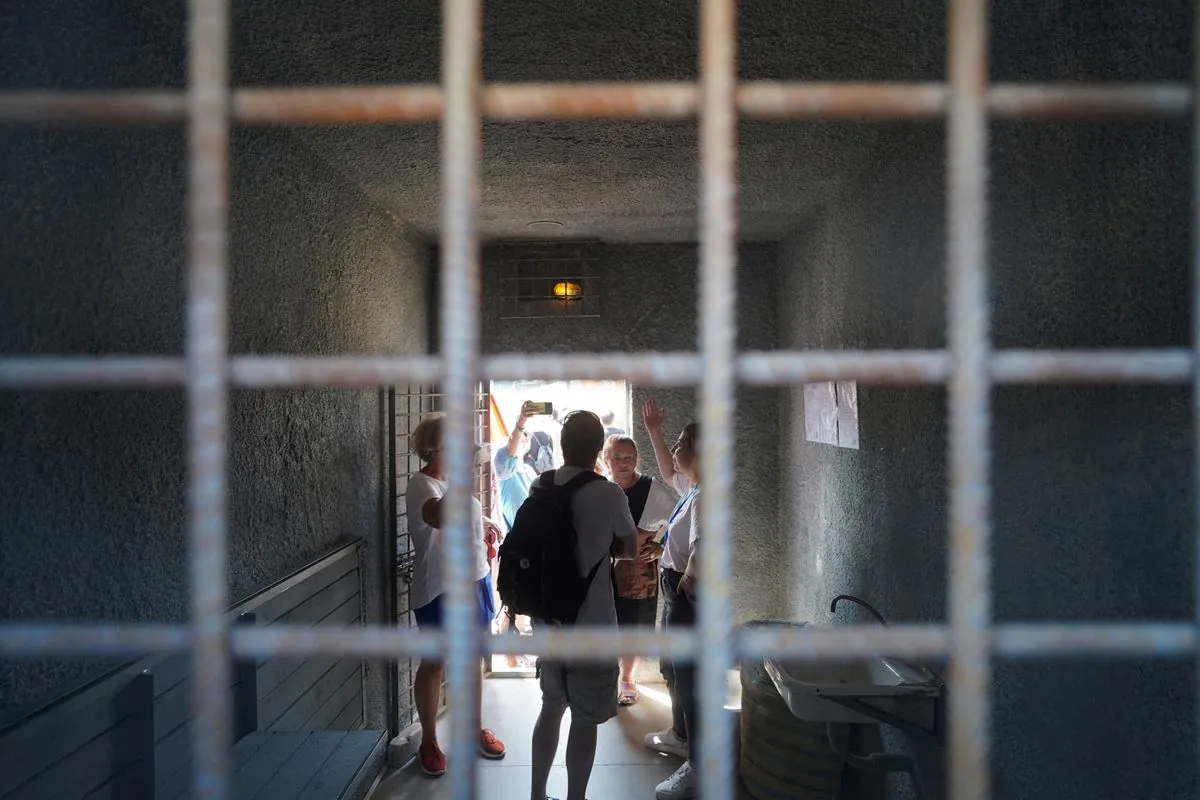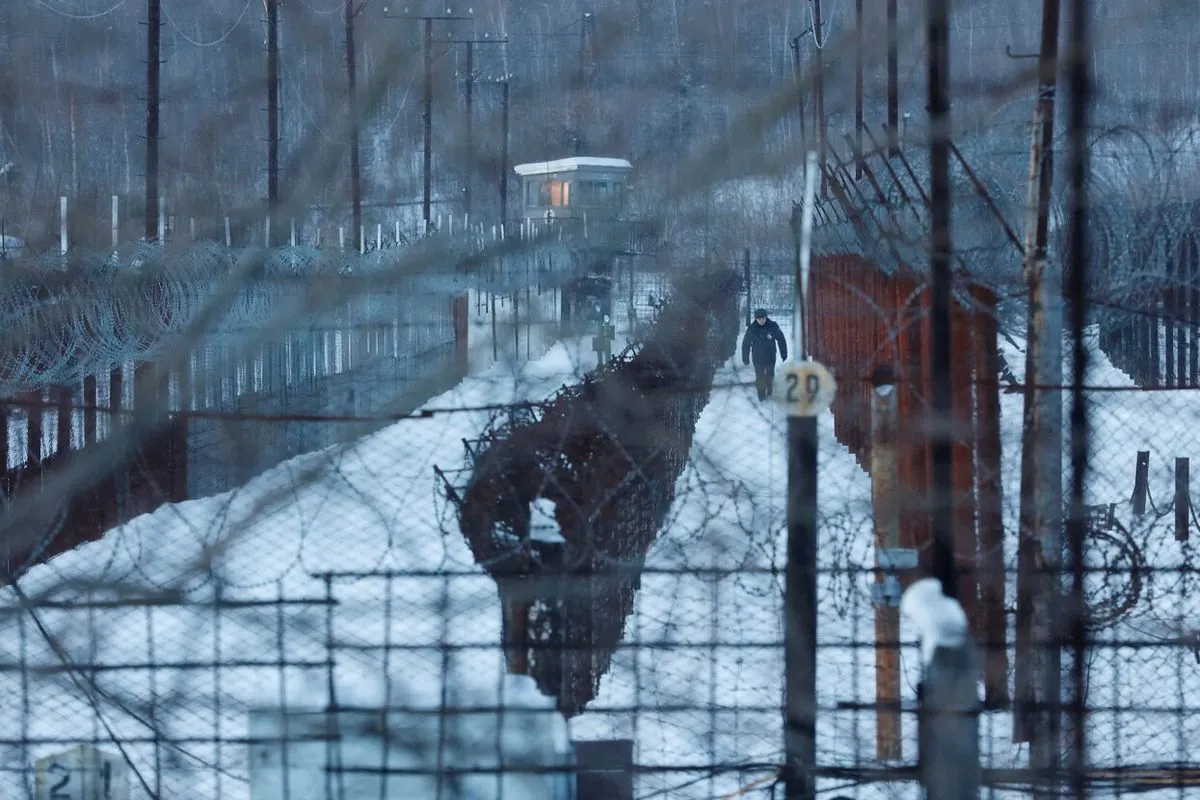UN Expert Sounds Alarm on Rising Political Imprisonments in Russia
UN report reveals surge in Russian political prisoners to 1,300. Freed detainees urge global action, describing harsh conditions and calling for release of those still incarcerated.

In a concerning development, a United Nations expert has highlighted the escalating risk of political imprisonment in Russia. The number of individuals detained for their political views has reportedly surged to approximately 1,300, marking a significant increase in state repression.
At a recent gathering in Geneva, former political prisoners who were part of a major exchange in August 2024 appealed for the liberation of those still behind bars. This meeting, attended by diplomats and human rights advocates, shed light on the dire situation faced by dissenters in Russia.
Vladimir Kara-Murza, a Russian opposition figure recently freed from a Siberian penal colony, emphasized the plight of those left behind. He described the harsh daily routines of prisoners, stating, "Let us not forget about all the others who are left behind, who still have to wake up at 5 in the morning...and walk around in a small circle in the snow and just stare at a wall every day."

The testimony of Kevin Lik, a 19-year-old German-Russian national, provided a poignant perspective on the treatment of young political prisoners. Lik, who faced treason charges, recounted his experience of solitary confinement in Russia's far northwest, where he was denied basic rights such as family communication and access to books.
"The only thing I can say now is that young political prisoners are not just statistics, they are the future of Russia and we must take actions to ensure this future is not stolen."
Mariana Katzarova, the UN Special Rapporteur, presented a grim assessment to the UN Human Rights Council. She reported that oppression has intensified since the onset of the Ukraine conflict in 2022, with many individuals imprisoned on what she termed "Kafkaian charges." Katzarova's unique mandate as an independent expert reporting on a permanent UN Security Council member underscores the gravity of the situation.
The report highlights the increased use of torture and solitary confinement, practices that violate international human rights standards. The Russian penal system, one of the largest per capita globally, has faced criticism from organizations like the European Court of Human Rights, which has ruled against Russia in numerous cases involving political prisoners.
Despite these allegations, Russian officials maintain that Western nations exaggerate the extent of repression in the country. However, the lack of response from Russian authorities to Katzarova's inquiries raises concerns about transparency and accountability.
The situation of Alexei Navalny, a prominent opposition leader who died on February 16, 2024, in an Arctic prison, remains a point of contention. While Russian authorities attribute his death to natural causes, his wife, Yulia Navalnaya, has accused President Vladimir Putin of orchestrating his demise, a claim the Kremlin denies.
As international pressure mounts, the use of VPNs and encrypted messaging apps has increased in Russia, reflecting growing concerns about internet censorship and freedom of expression. The international community faces the challenge of addressing these human rights issues while navigating complex diplomatic relations with a nation that holds significant global influence as a permanent member of the UN Security Council.
The situation calls for continued vigilance and concerted efforts from the international community to address the human rights situation in Russia and support those unjustly detained for their political views.


































